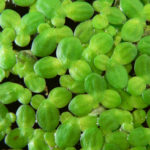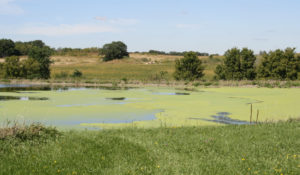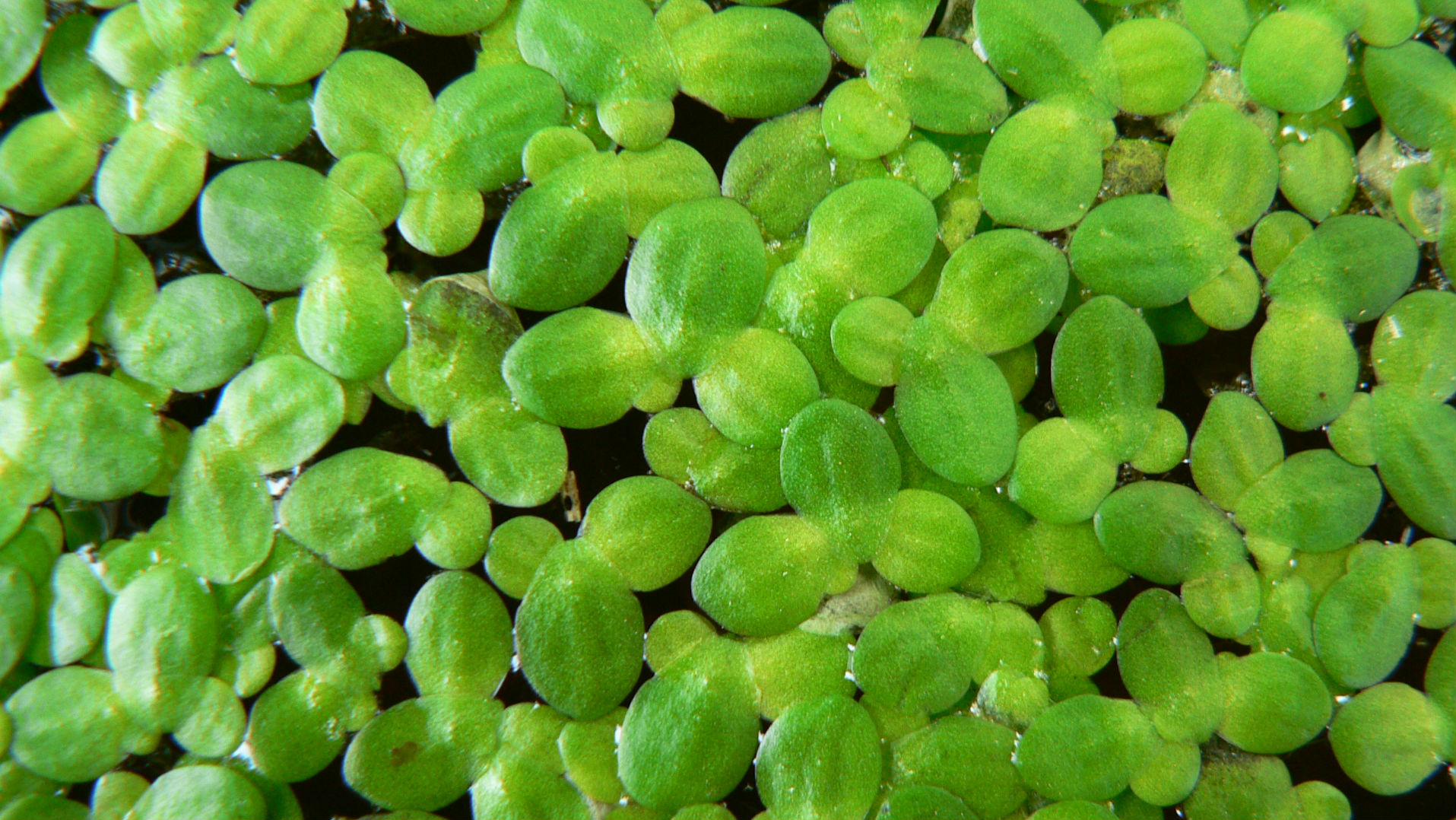 Lagoon algae and duckweed are among our most covered topics, and no wonder–both are common in lagoon systems, especially during the summer. In this episode of Lagoons Do It Better TV, we revisit the topic from new angle: how these growths can be controlled with lagoon additives like algaecides, bacteria, and catalysts.
Lagoon algae and duckweed are among our most covered topics, and no wonder–both are common in lagoon systems, especially during the summer. In this episode of Lagoons Do It Better TV, we revisit the topic from new angle: how these growths can be controlled with lagoon additives like algaecides, bacteria, and catalysts.
In this video, lagoon specialist Patrick Hill sits down with John Dinneen, leader of technical service at Aquafix (teamaquafix.com), a leading microbiological lab. Aquafix produces bacteria, micronutrients, catalysts, and biostimulants that improve wastewater treatment. Watch the interview and read below for highlights of the conversation and links to more information.
Why is algae an issue?
The main issue with algae from a wastewater perspective is its contribution to TSS, or total suspended solids. However, it’s also important to determine what the presence of algae is indicating about conditions below the surface of the lagoon.
What causes algae growth?
 Algae will proliferate where water and nutrients are present, which makes wastewater lagoons an ideal habitat. Ammonia and phosphorus, either from influent or rereleased into the water from sludge, act as fertilizer and promote algal growth. Algal blooms indicate an excess of nutrients and can cause low DO, high BOD and TSS, and odors. Our blog post, Lagoon Algae Prevention and Treatment: Strategies and Methods, provides some detail on the negative impacts of lagoon algae and some options for controlling it.
Algae will proliferate where water and nutrients are present, which makes wastewater lagoons an ideal habitat. Ammonia and phosphorus, either from influent or rereleased into the water from sludge, act as fertilizer and promote algal growth. Algal blooms indicate an excess of nutrients and can cause low DO, high BOD and TSS, and odors. Our blog post, Lagoon Algae Prevention and Treatment: Strategies and Methods, provides some detail on the negative impacts of lagoon algae and some options for controlling it.
What about duckweed?
Duckweed is an invasive water plant that proliferates quickly in unaerated wastewater lagoons due to the presence of nutrients and the lack of surface turbulence. According to John Dinneen, when Aquafix gets calls about duckweed, it’s usually because the operator objects to the look of it, rather than treatment issues. Read our article, Lagoon Duckweed: Friend or Foe? for more about lagoon duckweed.
The biggest negative impact duckweed can have on a lagoon is by preventing disinfection in systems that rely on sunlight. A covering of duckweed over the surface blocks UV penetration and can cause a spike in fecal coliform levels.
What does Aquafix recommend to control duckweed?
- Mixing: Duckweed can’t establish itself on water that’s moving, so adding mixing to a lagoon helps to prevent it.
- Sludge reduction: Reducing sludge, in addition to promoting the long-term health of the lagoon, removes the nutrients that could otherwise be released back into the water column and encourage the growth of duckweed.
- Aquatic herbicide: Chemical herbicides can successfully kill off duckweed, preferably employed as a spot treatment on new growths before duckweed has a chance to take over.
What does Aquafix recommend to deal with algae?
- Sludge Reduction: Removing sludge and settled nutrients will make the lagoon less susceptible to algae in the future.
- Algaecide: Adding copper sulfate is an old-school method of killing algae; the new generation is a chelated copper, which stays suspended in the water column longer and allows the operator to use less. Since copper accumulates in the lagoon, it’s important to use as little as possible. Peroxide-based algaecides are another option.
Pairing an algaecide with a biocatalyst like Aquafix’s Pondzilla increase the effectiveness of the algaecide by enhancing penetration. Pondzilla stimulates bacteria and fungi to consume the dead algae, thereby improving water clarity.
Strategies for treating lagoon algae and duckweed
For the long-term health of a lagoon system, it’s important to treat the causes of lagoon algae and duckweed: limiting nutrients, reducing sludge, and providing mixing.
For a quick fix, with results visible in as little as a week, algae and duckweed can be treated with an algaecide or herbicide. Summer is the best time to use a sludge reduction additive like Aquafix’s VitaStim lagoon line, as the warm water stimulates the bacteria that degrade sludge.
For more information about how Aquafix products can improve treatment in your lagoon, visit their website, teamaquafix.com, or call 888-757-9577. Tell them Triplepoint sent you for a 20% discount on your first order!

